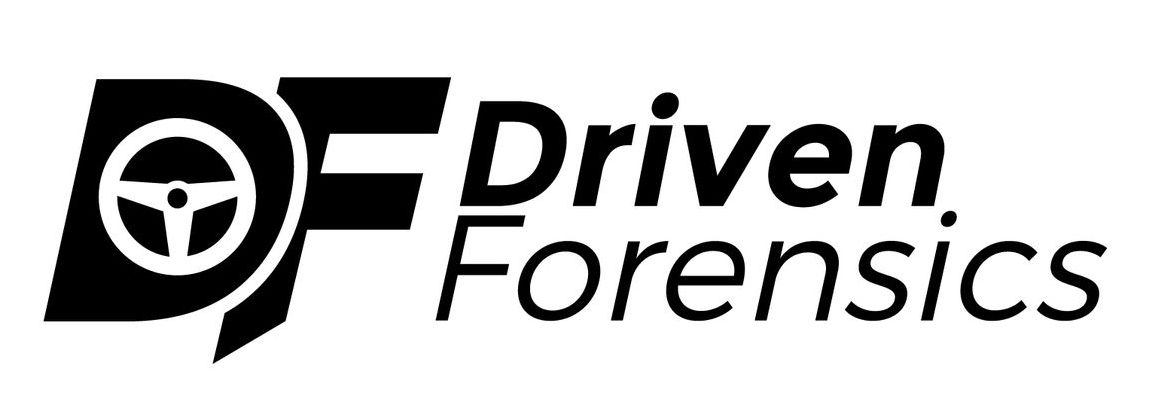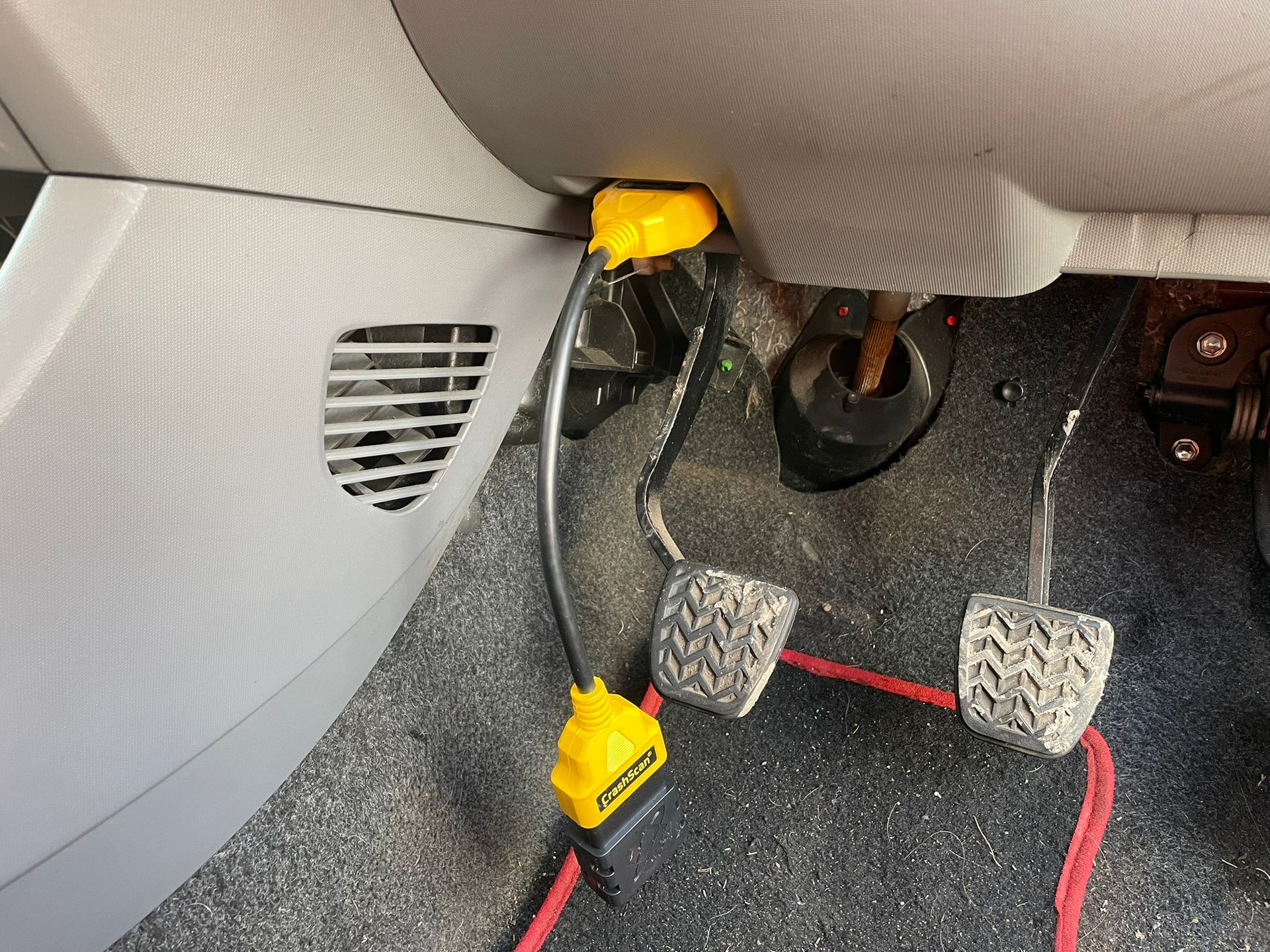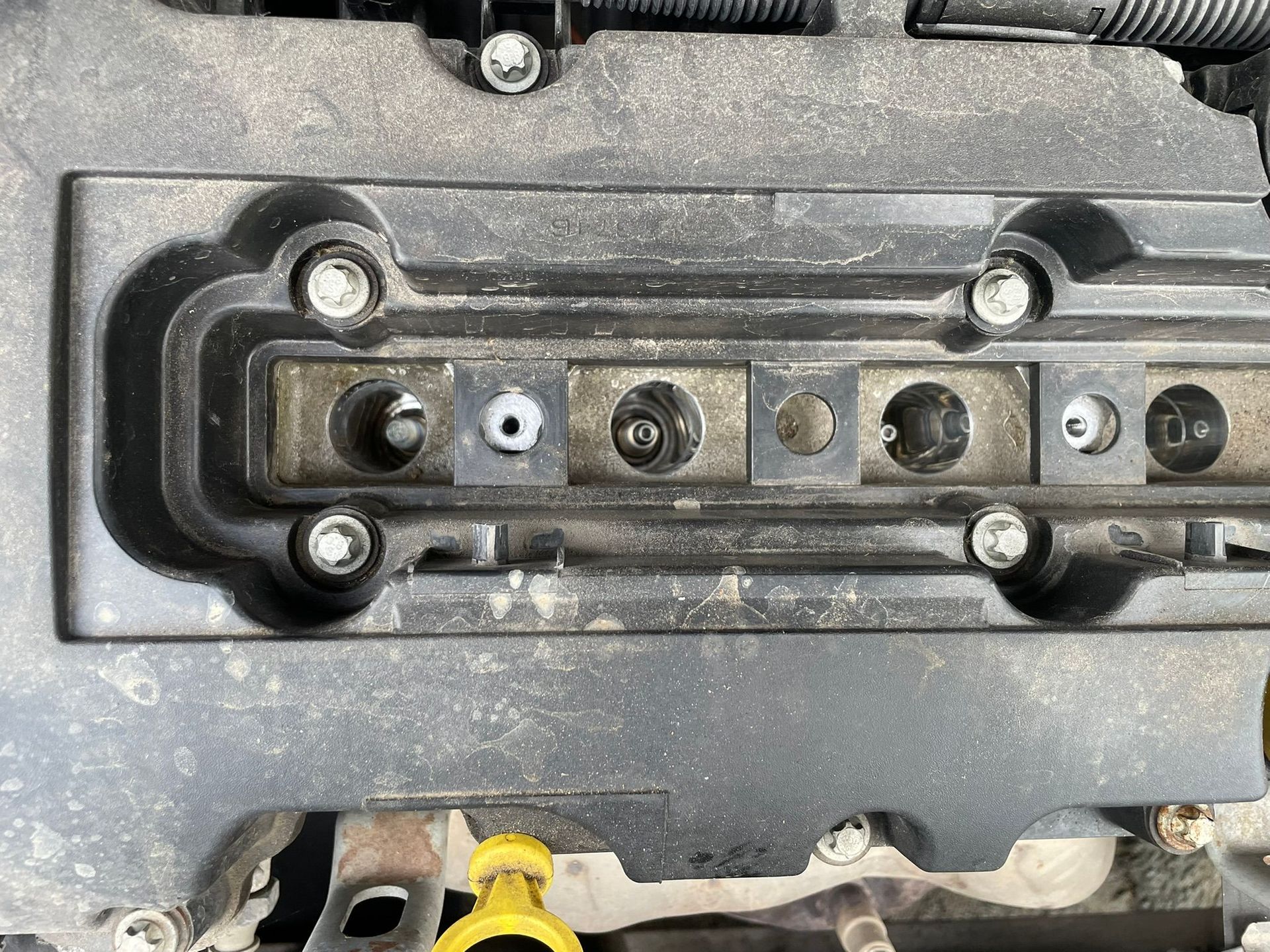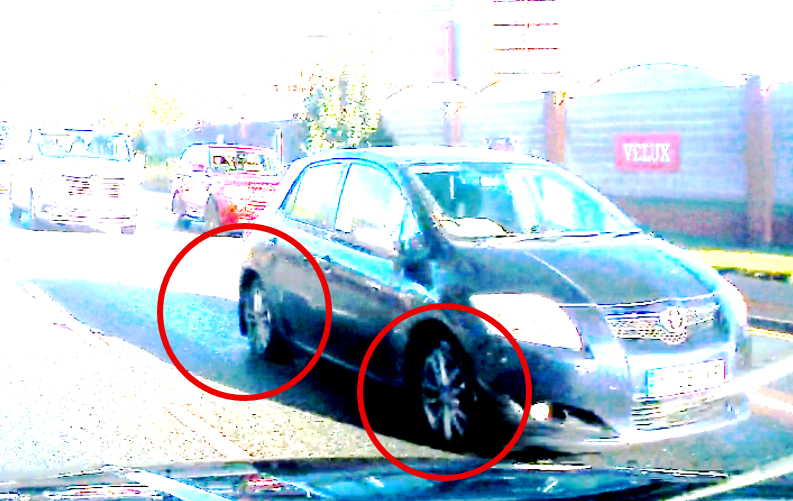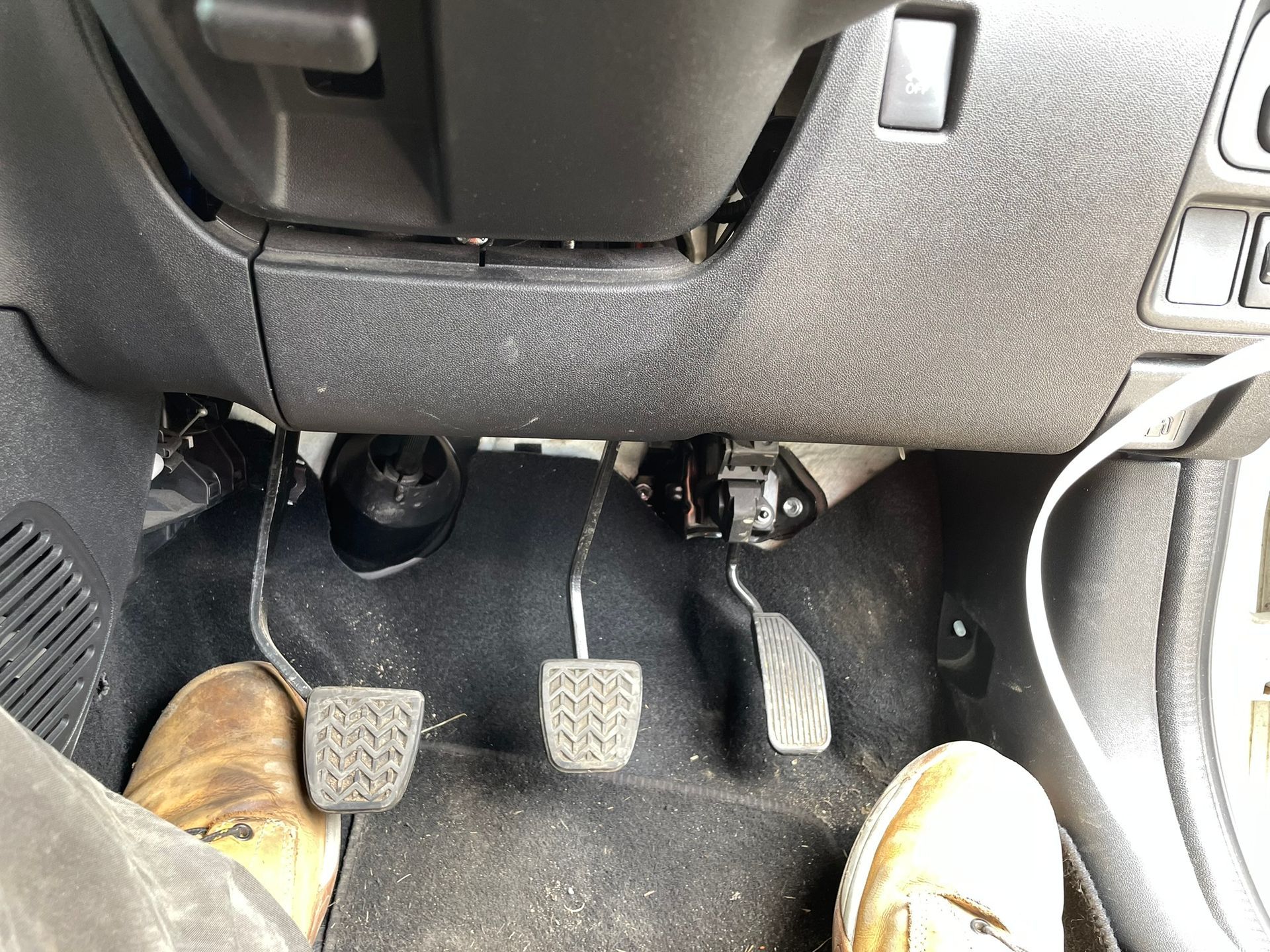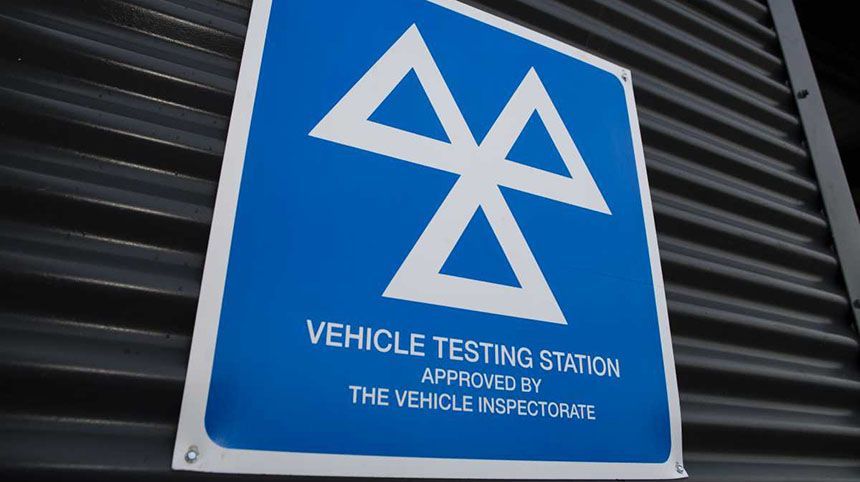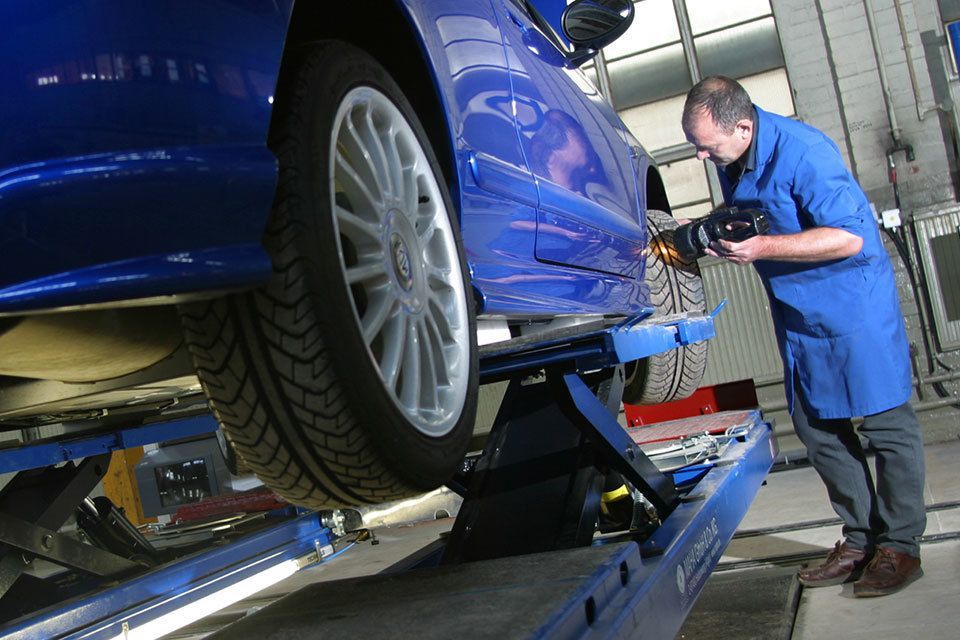Are repairers being forced into sub-standard repairs?
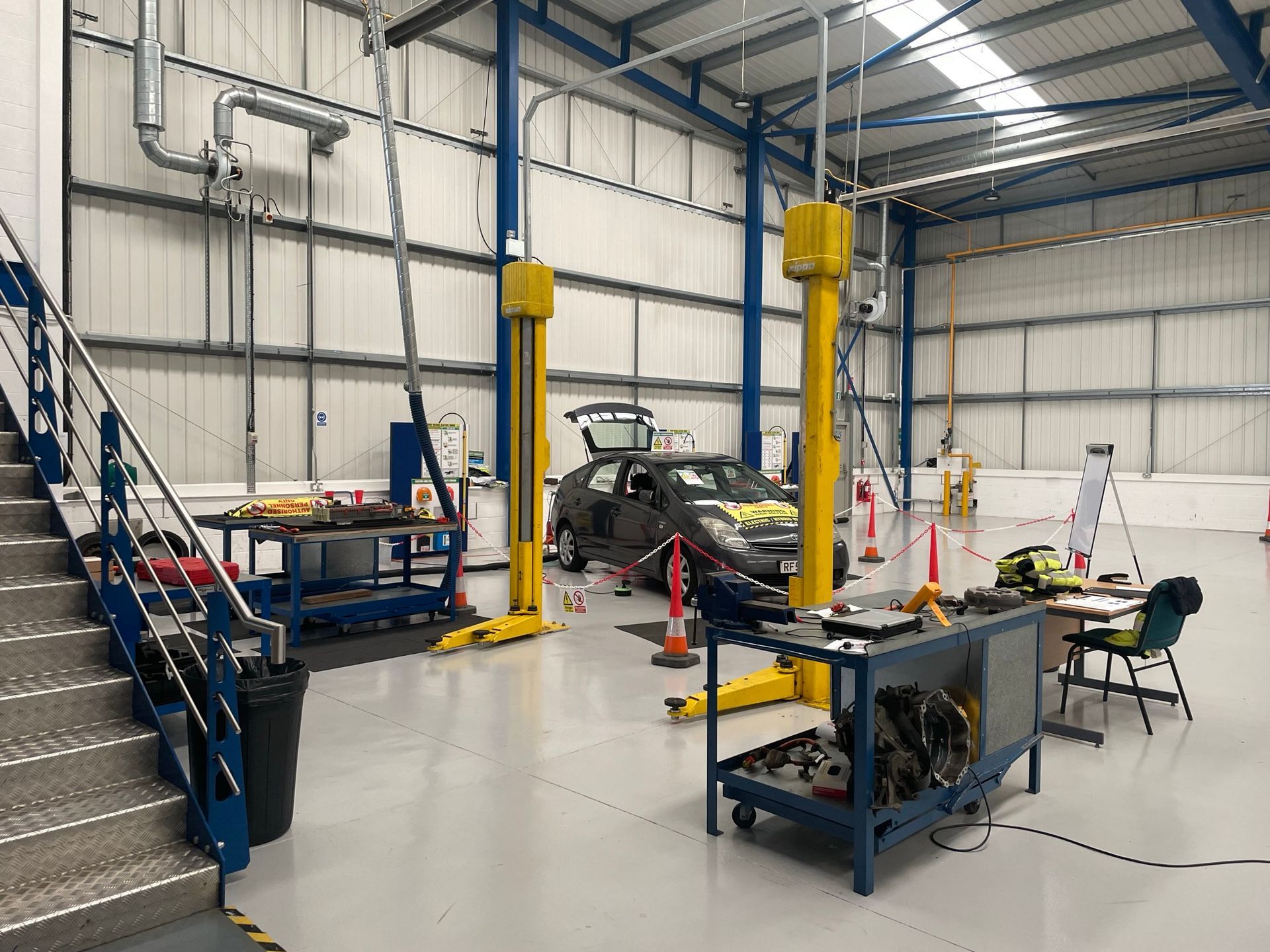
In a week where I have seen Matt Armstrong struggle to get an engine block or a timing tool from Aston Martin and where the On The Ramp podcast team discussed the introduction of SERMI which if implemented in the UK would be see a single user ID to access security related repair and maintenance, I’m left wondering whether repairers can be solely to blame for poor repairs, or whether the industry and manufacturers have a part to play?
It used to be that your toolbox consisted of screwdrivers, spanners, ratchets and a selection of mechanical tools, which would enable you to complete most repairs. Modern cars can’t be repaired using this same toolbox.
Repairers are increasingly expected to purchase tools for specific tasks (i.e. timing tools), software, manufacturers diagnostic systems and technical data, and assuming you can access all of them, they do not come cheap.
In instances where the tools required to complete a repair are either prohibitively expensive or worse, not available at all, what are repairers supposed to do? In Matt Armstrongs case, he couldn’t purchase an engine block, he needed to purchase the whole engine and the timing tool was only available to dealers. If repairers can’t repair cars, they’re out of business and our cars become prohibitively expensive.
Whilst “Right to Repair” has provided a means for repairers, particularly independent repairers, to be able to access information, tools and training that would otherwise only be provided to a franchised dealership, in practice, that is not always happening and where it does happen, the expense can result in repairers, again particularly independents, making a loss. This forces them in to a corner, find a work around (also known as a bodge) or lose your customer.
But what does all this mean in practice? The repairer industry, like any, does have a rogue element who will perpetually offer substandard repairs, non-approved repairs (known as bodges) are not always a result of unscrupulous mechanics, they’re sometimes a result of either a lack of access to the tools required or the tools are behind a prohibitively expensive paywall. At a time when budgets are pushed and car owners are demanding cheaper repairs, the more the tools and equipment become to complete the job, the more likely repairers are to seek alternative methods.
As an example BMW charges £2,275 per year for one garage to have access to its diagnostic and technical information. VAG Group (VW, Audi, Skoda etc) charges £2,479 per year for their equivalent. These are just two examples.
If we want correct repairs, the motor industry does need to look at recruitment, training, regulation and licensing, but industry bodies like the Institute of the Motor Industry (IMI), also need to look at what can be done to reduce the cost and allow for fairer access to the tools required.
